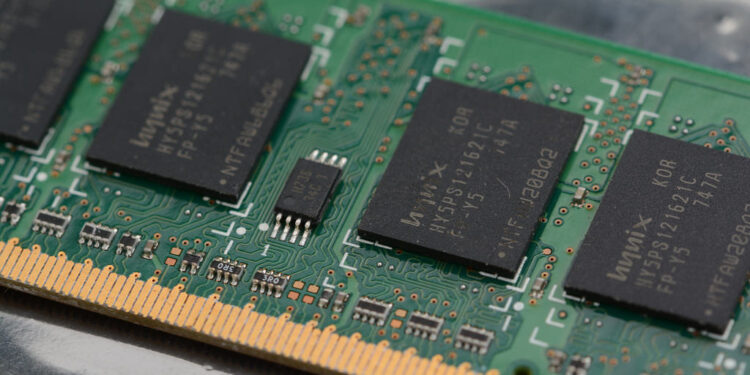It is a new silicon chip that will revolutionize technology based on Artificial Intelligence. IBM’s discovery has been inspired by neuroscience and may pave the way for the next most relevant technological advances. Energy efficiency is key.
We continue to make steady progress on artificial intelligence. This is one of the most important technological trends of today and, undoubtedly, the issue in which companies are investing more efforts. In fact, advances in AI aren’t just for improve technologicallybut also for issues like mental health.
The relationship between our brain and artificial intelligence it’s very narrow. To create a good AI we first have to investigate the functioning of the brain. After all, it’s the only reference we have. A perfect example of this kinship are the neural networks, which are based on what’s going on in our head.
IBM uses silicon to create an efficient neural network
The basis of modern AI is formed by so-called neural networks, which simulate the brain structure human. It is a network built in software that works with computer code and is capable of making millions of tasks such as, for example, recognizing images or transcribing speeches. In addition, he is responsible for the learning and training of artificial intelligence.
Now, the great leap has come from the hands of the IBM researchers. Its discovery, inspired by the neuroscience, demonstrates that building with silicon the elements of a neural network makes the system 100 times more efficient. Until now, neural networks were made with software, never physically. However, the landscape has changed completely thanks to the chip from IBM.
IBM researchers tested the physical neural network using two image recognition tasks: handwriting and color image classification. The tests were a success and revealed that the system is just as accurate as a deep neural network based on software. In addition, the most surprising fact is that the physical network consumes only 1% of energy. Huge energy efficiency.
However, IBM has confirmed that they still have to keep improving the chip. So far, they have already done a great job in launching to lead what seems to be the next breakthrough in artificial intelligence. To give you an idea, these chips could advance the arrival of smarthphones with AI.









